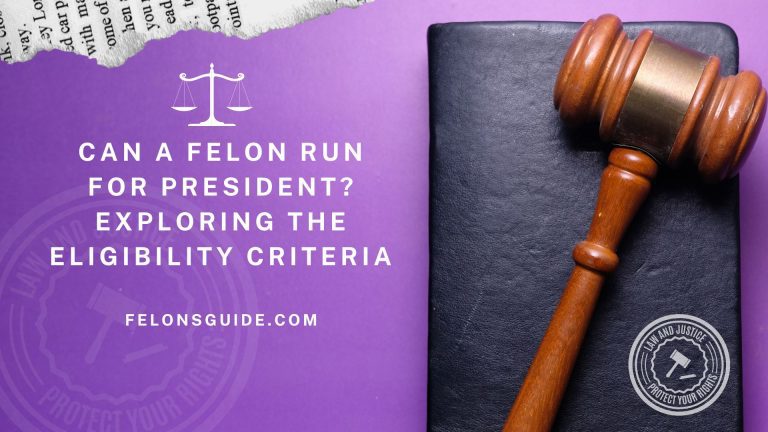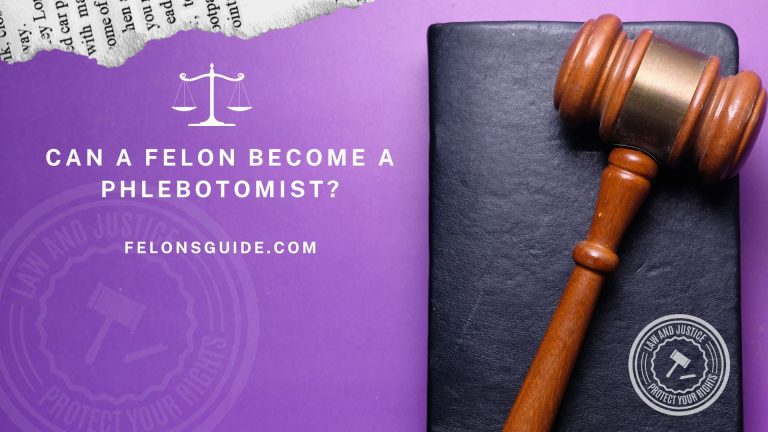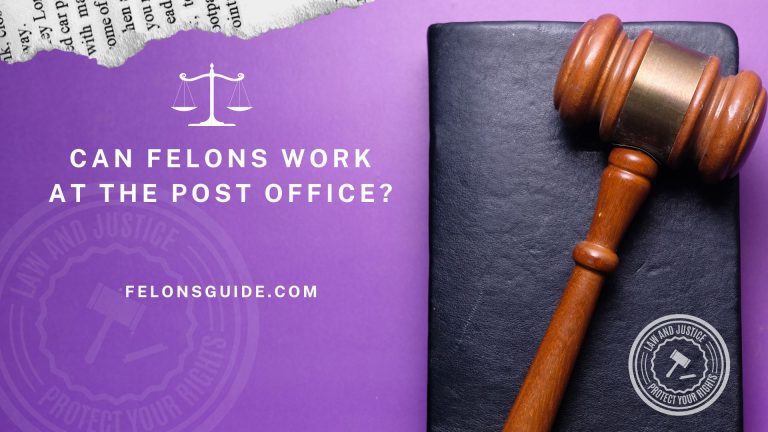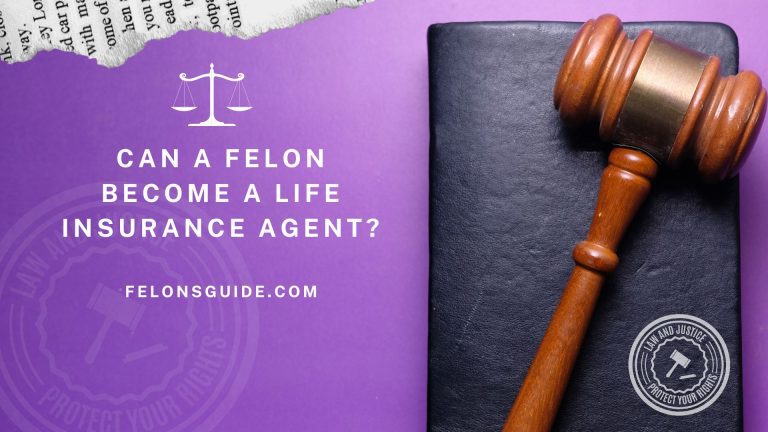Which States Allow Felons to Practice Medicine? State-by-State Guide

The road to becoming a licensed medical professional is challenging enough, but for convicted felons, it can seem impossible. With a criminal record, many doors may be closed when it comes to employment opportunities, and this includes working in the medical field. However, not all states have the same laws and regulations when it comes to felons practicing medicine. In this article, we will explore which states allow felons to practice medicine, the requirements, and the restrictions they may face.
Also Read: What Rights do Felons lose in California?
Which States Allow Felons to Practice Medicine: State-by-State Guide
States That Don’t Allow Felons to Practice Medicine
Unfortunately, some states have laws and regulations in place that prohibit felons from practicing medicine. These states include:
- Kansas
- Ohio
- Texas
- Virginia
- Washington
It is essential to note that these laws and regulations may vary depending on the nature of the felony conviction, the severity of the crime, and how much time has passed since the conviction.
Also Read: Does Waste Management Hire Felons? The Answer May Surprise You
States That Allow Felons to Practice Medicine
Fortunately, several states allow felons to practice medicine under certain conditions. These states include:
- California
- Florida
- Georgia
- Illinois
- Louisiana
- Massachusetts
- Michigan
- New York
- North Carolina
- Oklahoma
- Oregon
- Pennsylvania
- Tennessee
Requirements and Restrictions for Felons Practicing Medicine
While some states allow felons to practice medicine, they often have strict requirements and restrictions in place. Some of these requirements and restrictions may include:
- Completing an extensive background check
- Disclosing the felony conviction to the state medical board
- Proving rehabilitation and good conduct
- Meeting additional education and training requirements
- Facing restrictions on the types of medicine or patients they can treat
FAQs
Q: Can a felon become a doctor?
A: Yes, a felon can become a doctor in certain states, as long as they meet the state’s requirements and restrictions.
Q: What types of felonies may prevent someone from practicing medicine?
A: The types of felonies that may prevent someone from practicing medicine may vary by state, but they often include violent crimes, drug-related offenses, and fraud.
Q: Can a felon work in healthcare without a medical license?
A: Yes, a felon may be able to work in healthcare without a medical license in some capacity, such as a medical assistant or healthcare administrator.
Conclusion
In conclusion, while a felony conviction can be a significant obstacle to pursuing a career in medicine, it does not have to be the end of the road. Several states allow felons to practice medicine under certain conditions, and it is crucial to research the requirements and restrictions in your state of residence. With hard work, dedication, and a commitment to rehabilitation and good conduct, felons can pursue their dreams of becoming licensed medical professionals in some states.





